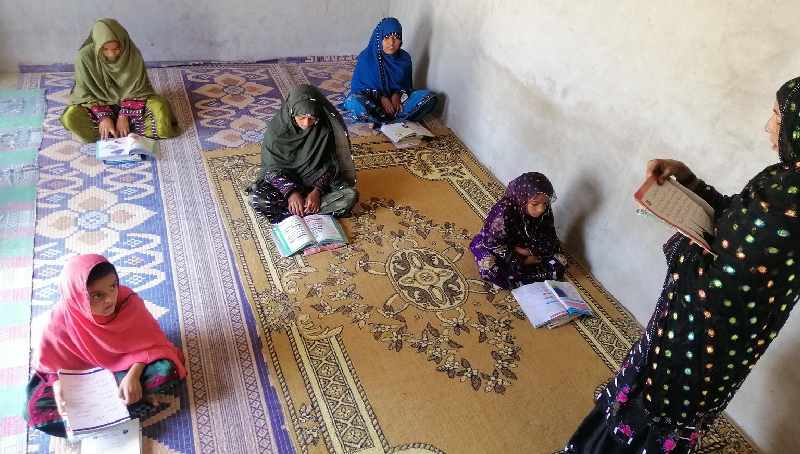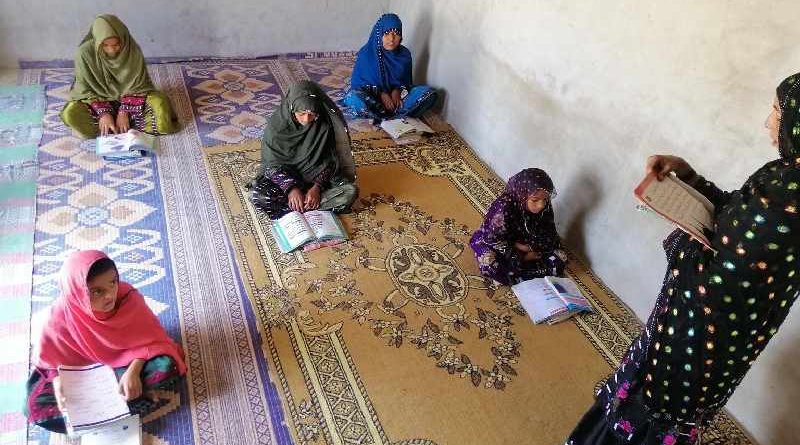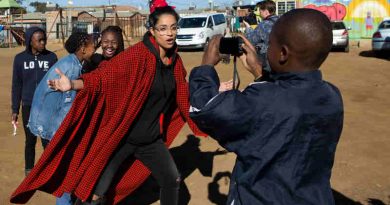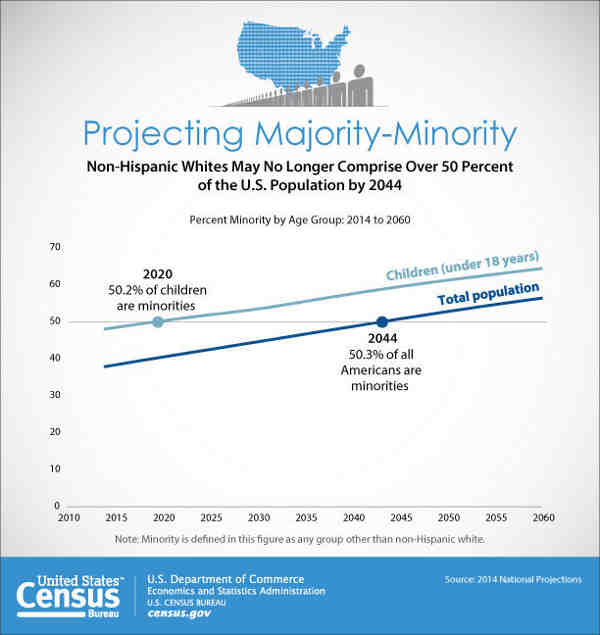600 Million South Asian Children Threatened by Covid-19: UNICEF

The Covid-19 pandemic is unravelling decades of health, education and other advances for children across South Asia, and governments must take urgent action to prevent millions of families from slipping back into poverty, UNICEF said in a new report released on June 23.
With the pandemic expanding rapidly across a region that contains a quarter of the world’s population, Lives Upended describes the disastrous immediate and longer-term consequences that the virus and the measures to curb it have had on 600 million children and the services they depend on.
“The side-effects of the pandemic across South Asia, including the lockdown and other measures, have been damaging for children in numerous ways,” said Jean Gough, UNICEF Regional Director for South Asia. “But the longer-term impact of the economic crisis on children will be on a different scale entirely. Without urgent action now, Covid-19 could destroy the hopes and futures of an entire generation.”
According to the report, immunization, nutrition and other vital health services have been severely disrupted, potentially threatening the lives of up to 459,000 children and mothers over the next six months.
| Download All Issues of Covid Health Bulletin | ||
| April 16-30, 2020 | May 1-15, 2020 | May 16-31, 2020 |
| June 1-15, 2020 | June 16-30, 2020 | |
With schools closed, more than 430 million children have had to rely on remote learning which have only partially filled the gap; many households – especially in rural areas – have no electricity, let alone internet access. There are concerns that some disadvantaged students may join the nearly 32 million children who were already out of school before Covid-19 struck.
According to UNICEF, phone helplines are reporting a surge in calls from children suffering violence and abuse during confinement at home. Some children are struggling with depression, even resulting in attempts at suicide.
The report also notes that life-saving vaccination campaigns against measles, polio and other diseases must resume, as should work to help the estimated 7.7 million children who suffer from severe wasting — more than half the global total. Schools should reopen as soon as possible provided adequate hand-washing and other physical distancing precautions are in place.
In order to mitigate the impact on poorer families, the report says that Governments should immediately direct more resources towards social protection schemes, including emergency universal child benefits and school feeding programs.






